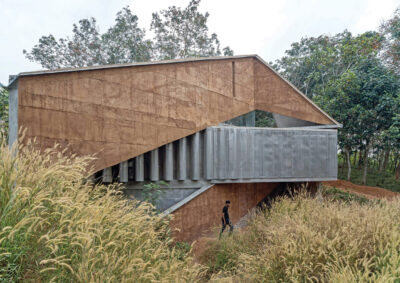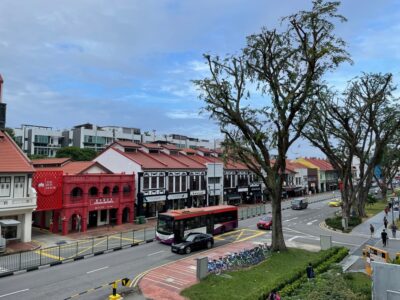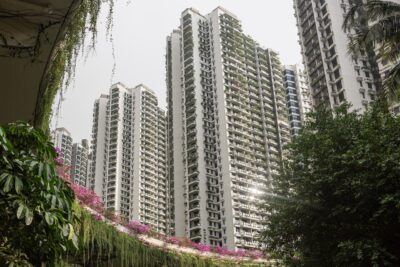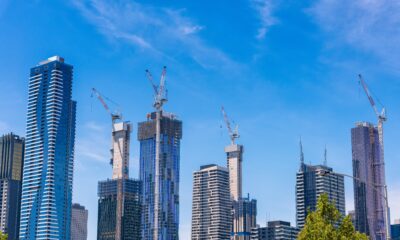South Korea beats other countries as Asia Pacific’s major real estate investor
Taking over China’s spot in 2017, who accumulated more than half of the region’s investments

As of September 2019, South Korea emerged as the major real estate investor in the Asia Pacific region, accumulating 35 percent of the alternative real estate investments made by Asian nations, reported Korea Times, citing a study published on Tuesday.
Based on the data from global real estate services and investment firm CBRE and Korea Institute of Finance (KIF), South Korea ranked the highest, followed by Singapore at 20 percent, Hong Kong at 14 percent, and Japan at 10 percent.
In 2017, China accounted for 55 percent of the total investments in the region, followed by Singapore at 17 percent, Hong Kong at 14 percent, and South Korea at only six percent.
However, KIF warned its citizens that the rising investments could cause falling returns because of the growing competition. Just this year, the return on investment for office buildings dropped to four percent from seven percent in 2010.
More: Asia-Pacific commercial property attracts strong interest from US investors
Shyn Yong-sang, a researcher at KIF, encouraged buyers to actively monitor and manage risks on alternative real estate investments.
“People invested in real-estate overseas may face elevated risk of not being able to cash in on their initial investment as quickly as they want, a common occurrence among those who made investments via private equity funds,” she explained.
“The development of a profitability valuation index should precede regular or needs-based on-site inspections for accurate risk assessment.”
As of September 2019, the overseas real-estate funds amounted to KRW50.7 trillion (USD43.5 billion), a four-fold increase from KRW12.3 trillion in 2015, according to Korea Financial Investment Association (KOFIA).
They revealed that the sudden increase is consistent with the worldwide investment sentiment that favoured high-yielding product. Data and analytics firm Real Capital Analytics said the real-estate-related global alternative investment surged to USD1,746 trillion this year, which is about four times more than USD446 trillion in 2009.
Recommended
Meet the vagabond architect behind India’s housing scene
Vinu Daniel is helping to shake up India’s home building setting
Where Asian real estate stands in a fragmented, warmer world
Asia’s real estate industry faces many and varied challenges as external factors continue to bite
6 sights to see in Singapore’s Marine Parade
Handily located Marine Parade has emerged as a vibrant investment choice in the Lion City
There’s a township dedicated to health and wellness in Malaysia
Property seekers have their health needs catered for at KL Wellness City








